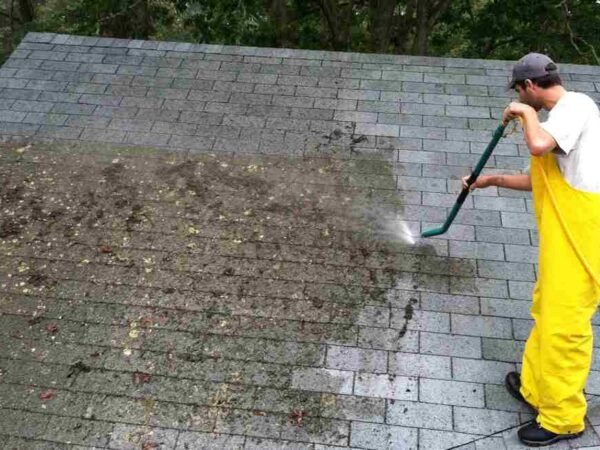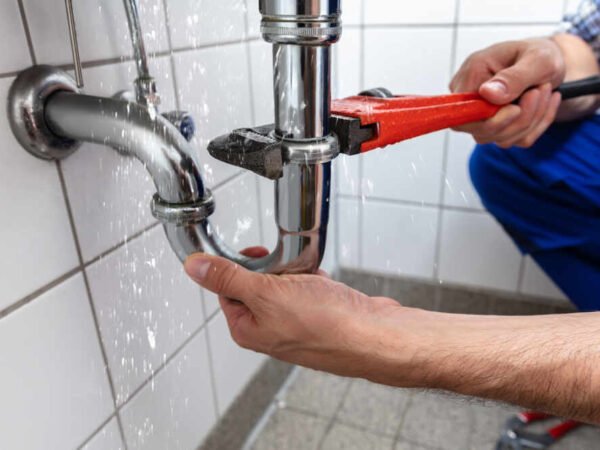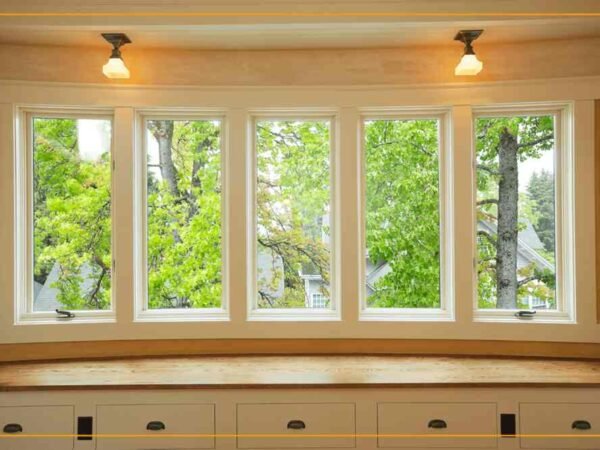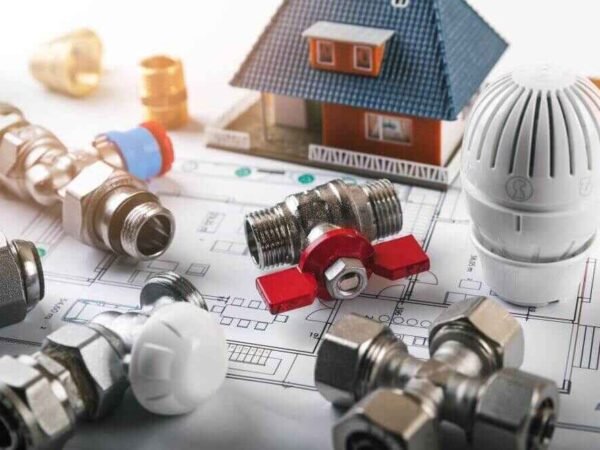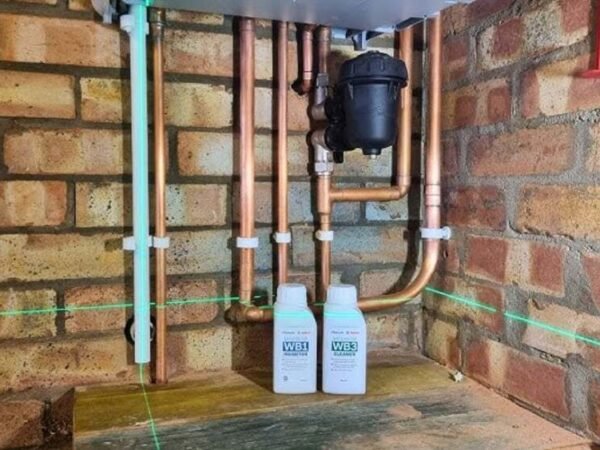The advent of new technologies has significantly changed the process of installing driveways. These advancements have improved driveway installations’ efficiency, durability, and environmental impact. This article delves into the cutting-edge technologies shaping the future of driveway installation and their benefits.
The Evolution of Driveway Installation Techniques
Modern driveway installation begins with meticulous planning using advanced software. CAD (Computer-Aided Design) and BIM (Building Information Modelling) tools enable precise planning and visualization of driveway projects. These tools allow for detailed simulations, ensuring that all aspects, including drainage, load distribution, and material selection, are considered before construction begins.
Drones have revolutionized surveying and inspections. Equipped with high-resolution cameras and LiDAR sensors, drones provide accurate topographical data and identify potential issues in the construction area. This technology ensures that the driveway installation is based on precise data, reducing the risk of errors and ensuring a smooth construction process.
Innovative materials are also playing a significant role in modern driveway installations. Permeable pavements, which allow water to pass through, are becoming popular for their environmental benefits. These materials reduce runoff, promote groundwater recharge, and decrease the risk of flooding. Recycled materials, such as reclaimed asphalt and concrete, are being used to create sustainable driveways, minimizing the environmental impact of construction. Additionally, advanced sealants and coatings enhance driveways’ durability and longevity by protecting against weather, UV rays, and chemical spills.
The use of automated and robotic systems has transformed the installation process itself. Automated pavers and robotic arms can lay materials with high precision, speed, and consistency, reducing labor costs and installation time. These technologies also improve safety by minimizing the need for manual labor in potentially hazardous conditions.
Laser-guided equipment ensures that the grading and leveling of the driveway base are accurate. Using laser signals to guide machinery, this technology achieves precise slope and elevation, which are crucial for proper drainage and stability. The result is a smoother, more even surface that enhances the driveway’s structural integrity and aesthetic appeal.
Innovative technologies monitor the condition of driveways post-installation and predict maintenance needs. Sensors in the driveway detect cracks, shifts, and other issues, alerting homeowners to potential problems before they become significant. These systems enable proactive maintenance, extending the driveway’s lifespan and reducing repair costs.
Bringing Environmental Sustainability
Technological advancements are significantly enhancing the driveway installation process. From advanced planning and design tools to innovative materials and automated installation techniques, these technologies improve efficiency, durability, and environmental sustainability. As technology continues to evolve, the future of driveway installation looks promising, with even more innovations on the horizon that will further enhance both functionality and aesthetics.
Also Read Interesting articles at Disboard.co.uk




